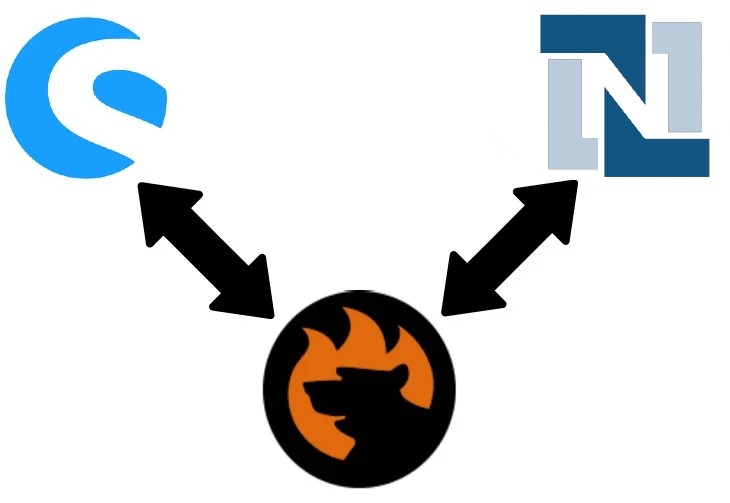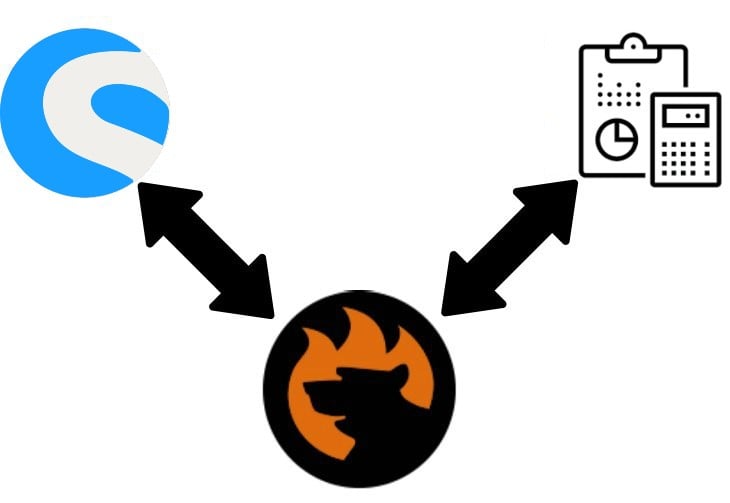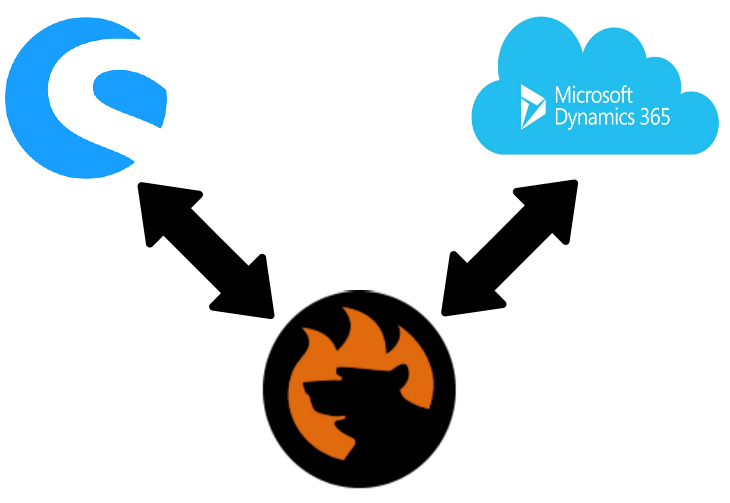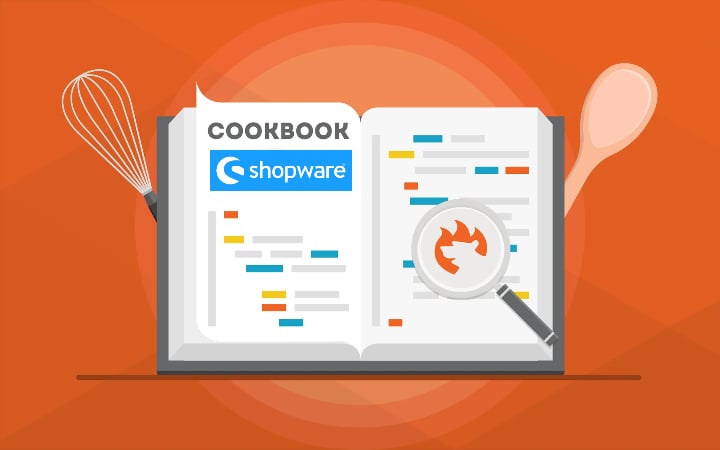The Differences Between Web Hosting & Mission Critical eCommerce
[highlight type=”e.g. yellow, black, green, red, grey”] Content [/highlight]
JetRails has been gaining in popularity in eCommerce communities like Magento and Shopware. When we went to evaluate why they’ve been growing in these established markets, we immediately noticed that they brand themselves as “mission-critical.” So, we asked ourselves the obvious question: “What makes their mission-critical hosting different from other web hosting solutions?” What we found was a team that’s dedicated to meeting the needs of eCommerce merchants and developers. Meet our new partner – . Below, we explain why it is a mission-critical platform and what other benefits it offers. Continue Reading






